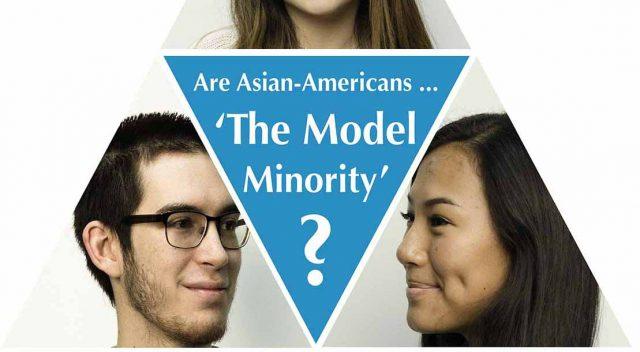By Samuel Medina III/ reporter

Kaylee Jensen/The Collegian
Self-proclaimed 6-feet-1-inch tall goth South student Warren Lukens may walk the campus wearing a Hatebreed shirt, but what others don’t know is he secretly listens to The 1975.
“I like them because they remind me of David Bowie,” Lukens said. “They’re like a guilty pleasure of mine. It’s nothing like the brutal [things] I listen to normally.”
His friends judge him sometimes for listening to softer music because it doesn’t fit his scene, Lukens said.
“It’s almost like I’m required to listen to a type of metalcore, and I think it’s dumb as hell,” he said.
Music is exposed to millions of people in some way, whether it be in ads, shopping centers or the car. It seems inescapable.
With music entertaining people across the world for countless years, the effects of it on each person can be greater than one would expect.
South psychology associate professor William Brown said biology plays an important role in music and the emotions one feels while listening to it.

Bogdan Sierra Miranda/The Collegian
“Sometimes, you listen to a piece of music, and it gives you goose bumps,” he said. “You listen to it over and over again because you really like the feeling you get from this piece of music. That feeling doesn’t dissipate even though you know what’s coming. The opportunity for that is built in our biology.”
Music is a form of expression and elicits certain emotions that can’t be triggered in other ways. It can bring people with a like mind together and even enhance experiences.
Brown believes the music a person listens to stems from personality and addresses emotions and imagery relevant to one personally.
“Music reflects which group we want to identify with,” Brown said. “If you identify yourself as the Texas, western type, then you express that through the music you listen to, the way that you dress and the types of people you’ll seek out for. Whether music is generating those preferences, I would doubt it.”
Music is a stimulus that taps into our biological responses such as anxiety and attentiveness that allows one to enjoy it, Brown said. When people’s minds realize that the new sound is not a threat or alarming, they can take pleasure in it.
Artists may say a lot about the listener, or they may not. TCC students are proud of breaking away from stereotypes.
NW student Steve Coronado said he listens to a wide range of music, but pop punk is his favorite genre.
“I listen to whatever I’m in the mood for,” he said. “Normally, I’m listening to Real Friends or Modern Baseball. I’ll be honest, though: Justin Bieber’s new album isn’t too bad. If I like it, I like it. I don’t care what people say.”
Coronado said he regularly attends concerts or music festivals, and it’s the energy of the band and the crowd that keep him wanting more.
“Music has become so embedded in my life that I can’t imagine life without it,” he said. “I connect with others on a whole different level because of it. When you talk to strangers about bands you both like, it’s sort of an unspoken, unifying feeling that I can’t really explain.”
Although biology has a direct influence on how we, as a species, listen to music, other factors are at play.
NW music associate professor Richard Vandewalker said not only does one’s music preference stem from personality, but personality can be built and shaped by the music.
“You’re drawn to music first by your personality, but then the music in turn will affect the way your personality develops,” he said. “I do think as our listening palette grows, it will affect our personality.”
A lot of music contains lyrics that people may find catchy, relatable or just powerful. The lyrics are stories that build memories varying from person to person.
“Those words are going to become a part of our vocabulary, persona, the way we talk, the way we form sentences and the way we create,” he said. “That’s going to help develop who we become.”
Vandewalker said people listen to certain types of music based on what is going on in their lives at that time.
“People listen to music as their emotions adjust,” he said. “We listen to certain music when we work out, drive or when we’re sad. It enhances our emotions, which in result will enhance our character and personality.”
Music stimulates the brain and makes a person feel certain emotions at different times. Shopping centers, sporting events and ads harness the power of music to stimulate the viewer’s brains to impact them in a certain way.
People enjoy music because it speaks to them one way or another. It evokes emotion and amplifies it in certain situations.
South student Amber Welling said she couldn’t go about her day without music.
“As soon as I wake up, I put on some music to help me get out of bed and start my day,” she said. “If I don’t have music playing while I’m walking to my class or doing homework, I just feel like something is missing.”
Welling said some of her favorite artists include Weezer, Alina Baraz, Adele and Walk The Moon.
“I feel like [music] has definitely helped me grow,” she said. “The songs I listened to back in the day helped little me find myself. I grew up listening to music, and it’s almost as if the music grew with me.”





























